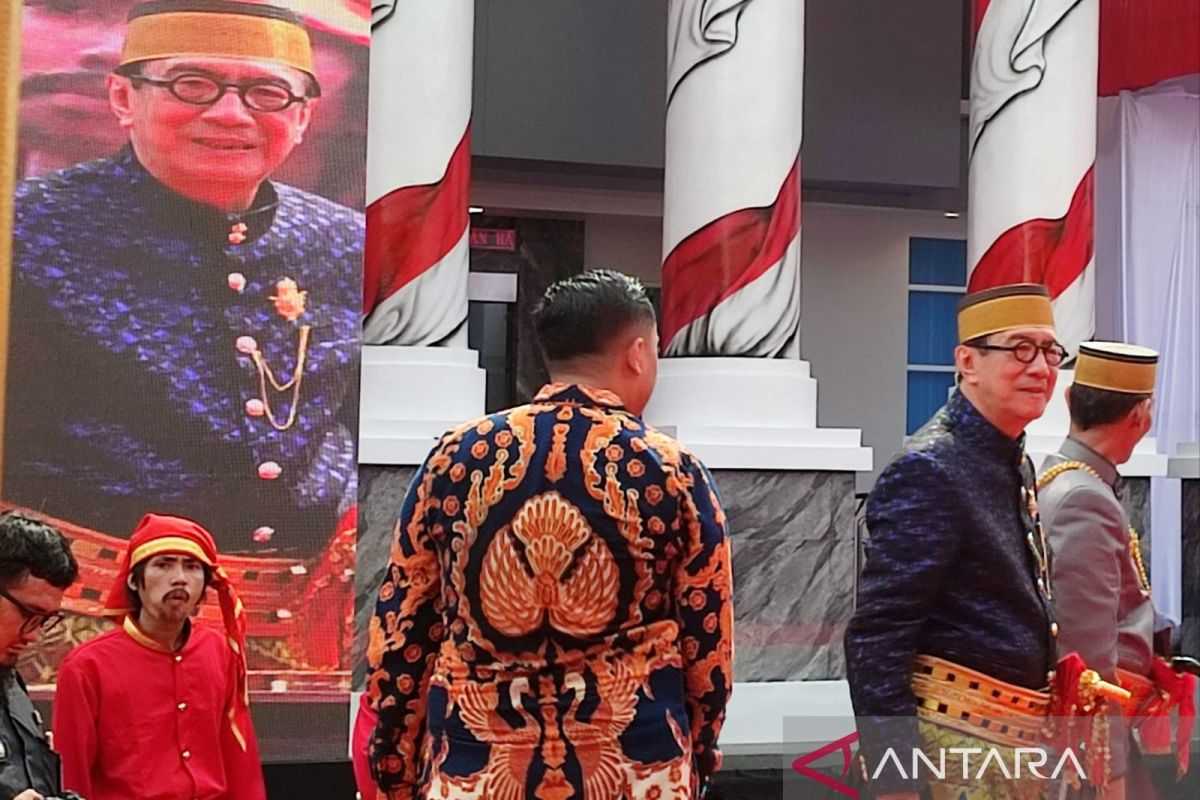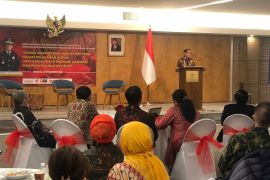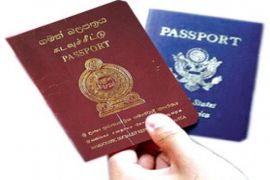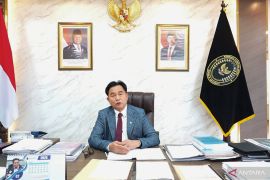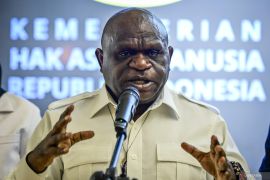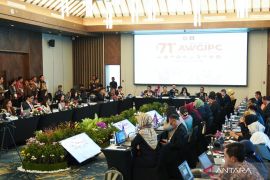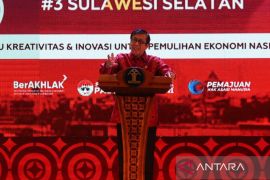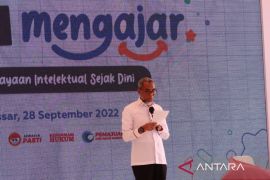"A lot of (members of the) Indonesian diaspora demand dual citizenship, yet the best we can offer is 'Overseas Citizenship of Indonesia', similar in kind to the OCI (Overseas Citizenship of India) scheme," Laoly said on the sidelines of the opening ceremony of the ministry's provincial office in South Sulawesi here on Friday.
The overseas citizenship status is expected to meet the demands of the Indonesian diaspora, who will be allowed to freely enter and exit Indonesia to meet their families and relatives or do business in Indonesia.
"We can give the Indonesian diaspora a life-long, multiple-entry visa. They can open a business here. They can stay here and freely enter and exit Indonesia. That is the best we can give," the minister explained.
However, holders of overseas citizenship will have some restrictions on their activities in Indonesia, such as prohibition from holding political offices or voting, he clarified.
Such restrictions are consistent with Indonesia's nationality law, which, in essence, does not recognize dual citizenship, he pointed out.
Meanwhile, Laoly explained that Indonesia's decision to not recognize dual citizenship has a philosophical underpinning, as stated in the Youth Pledge, which defined the identity of Indonesians.
"The Youth Pledge on October 28, (1928), stated that Indonesians share one motherland, one nation, and one unifying language. There is no such thing as 'two motherlands,'" he emphasized.
On Thursday (June 13), the ministry's director general of legal administrative affairs, Cahyo Rahadian Muzhar, confirmed that the ministry is considering the implementation of an overseas citizenship scheme for the Indonesian diaspora similar to the Indian system.
The ministry is discussing the proposed scheme with relevant ministries and government agencies, he revealed, adding that the law and human rights ministry will also ensure the conformity of the scheme with prevailing laws and regulations.
Coordinating Minister of Maritime and Investment Affairs Luhut Binsar Pandjaitan had also highlighted the positive effects of dual citizenship for the Indonesian diaspora on the national economy. However, he acknowledged that the process would take long since legal changes are required.
Related news: Regulation No. 21/2022 offers solution to citizenship issues: Ministry
Related news: 13,092 children hold dual citizenships: ministry
Translator: M Darwin Fatir, Nabil Ihsan
Editor: Tia Mutiasari
Copyright © ANTARA 2024
